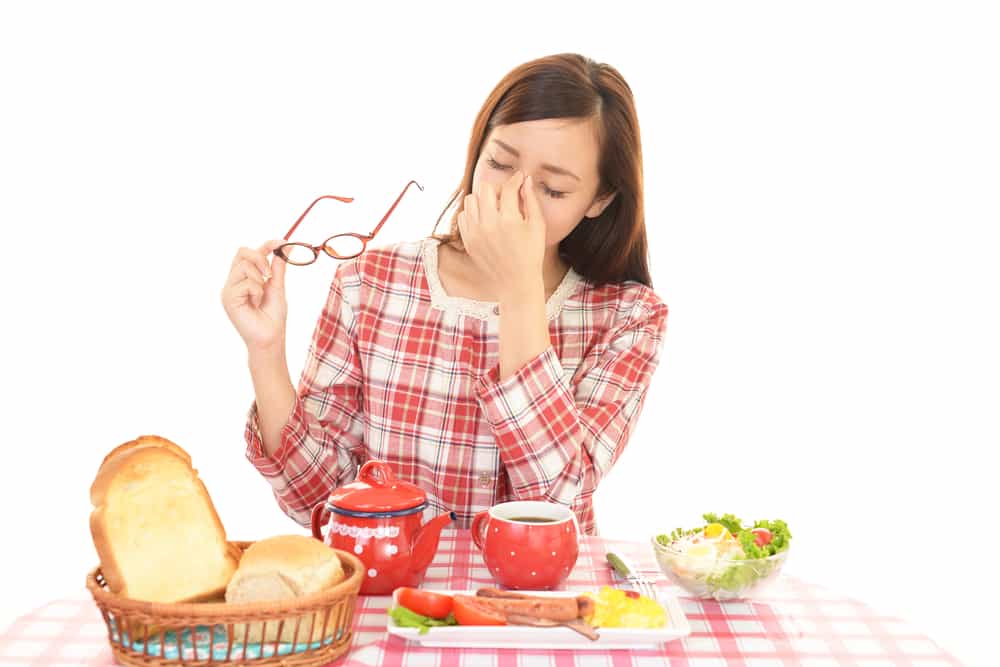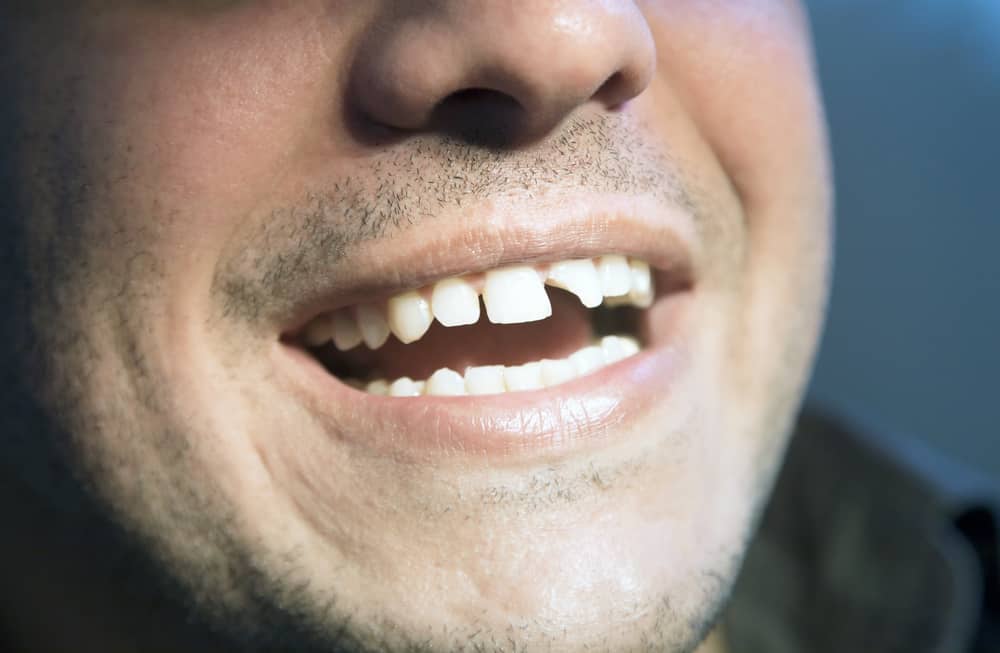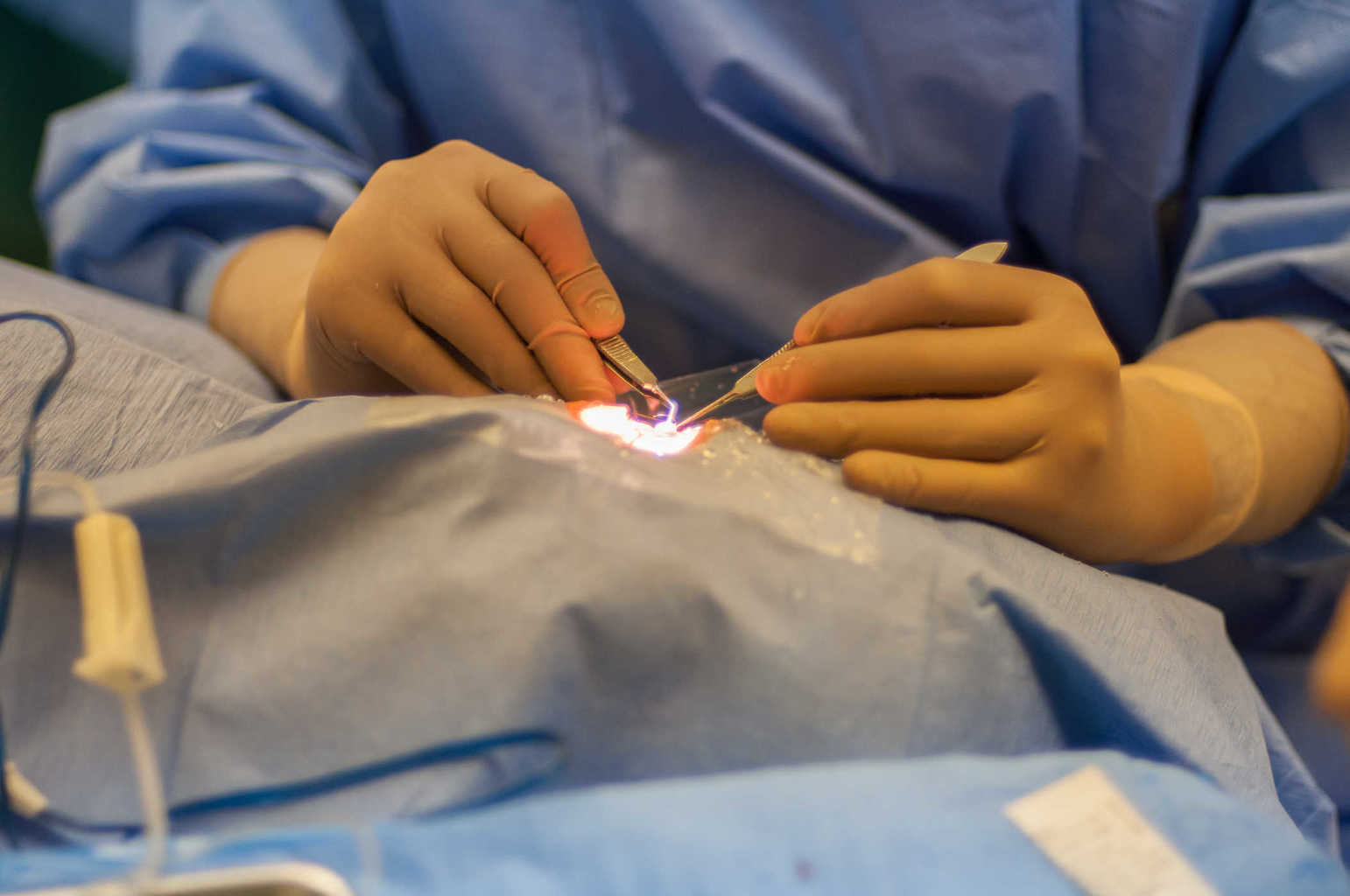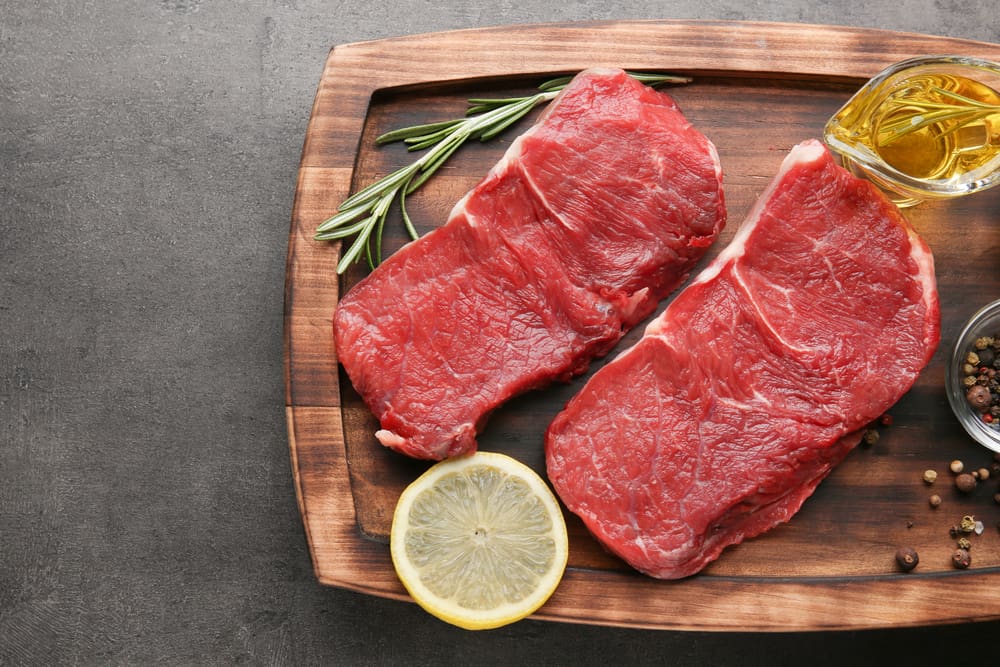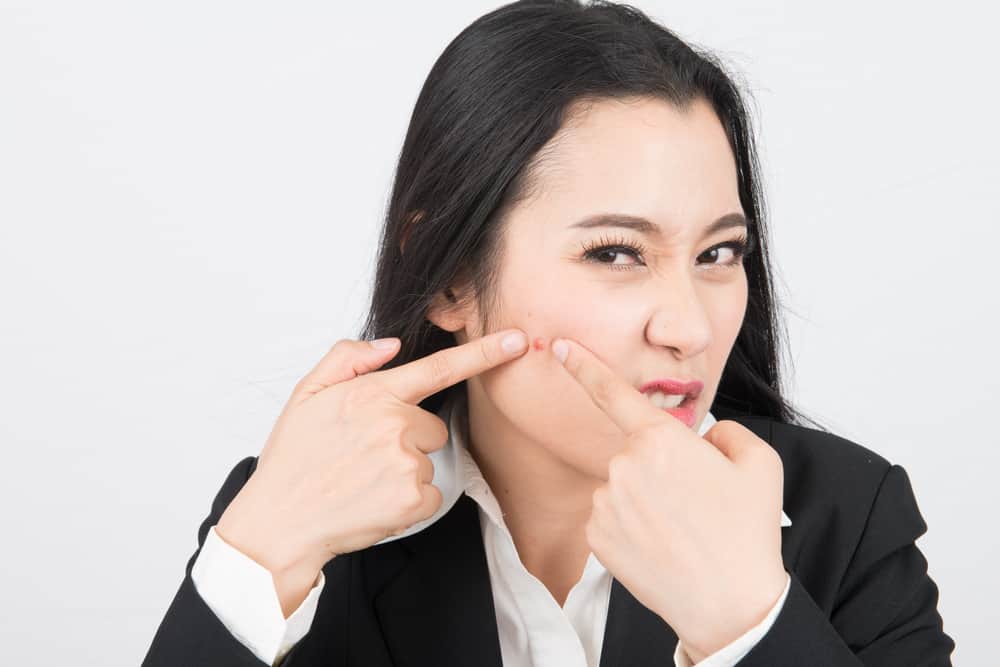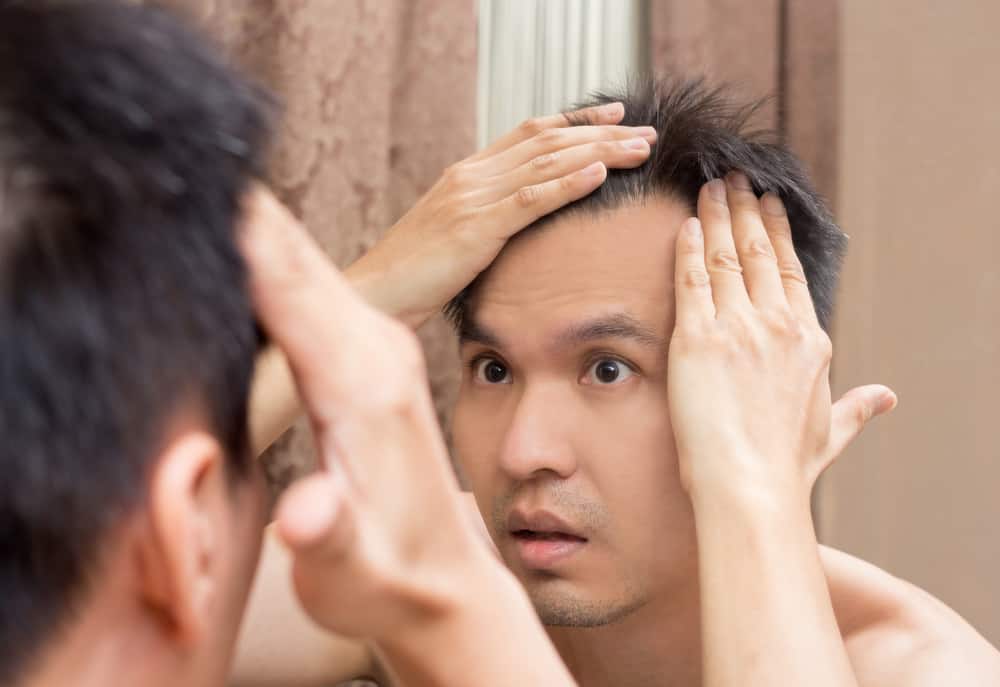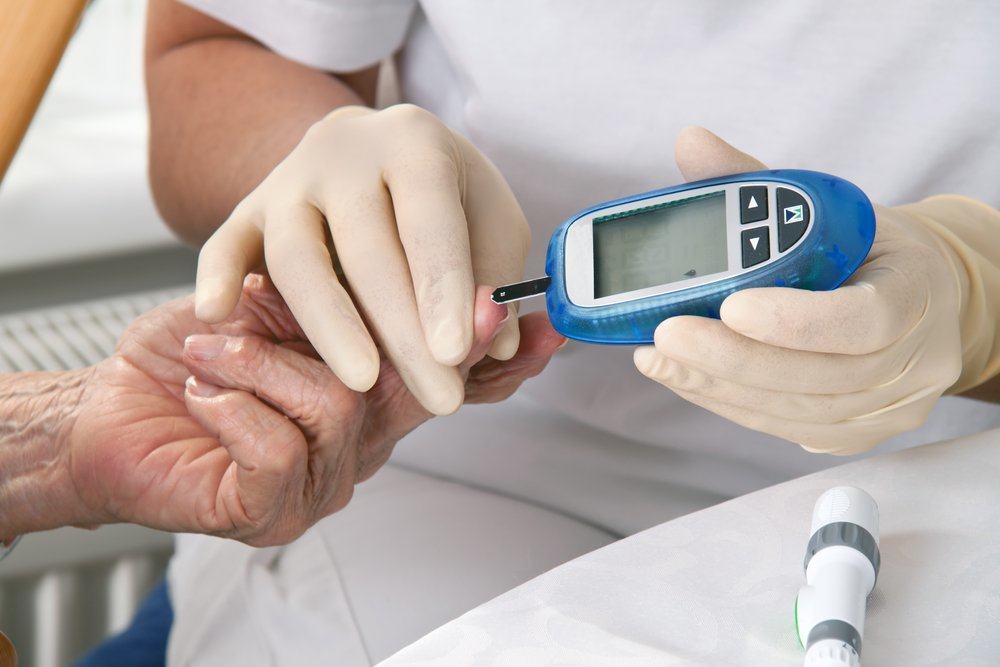Contents:
- Medical Video: 5 Types of Headaches and How to Get Rid of All of Them
- Causes of headaches after eating
- 1. Low blood sugar
- 2. Migraine
- 3. Hypertension
- 4. Allergic reactions
Medical Video: 5 Types of Headaches and How to Get Rid of All of Them
Eating can indeed make you feel sleepy and weak afterwards. In addition, you may experience headaches. Yes, many people complain of headaches after eating. Headaches that appear are usually quite sharp, as if your head is pricked. Apparently, there are several causes of headaches after eating. Starting from your own health condition to the food you consume. So, note that you have the following conditions.
Causes of headaches after eating
1. Low blood sugar
Be careful if you feel a headache after eating. You may experience reactive hypoglycemia. Hypoglycemia is a condition in which blood sugar (glucose) levels drop dramatically or suddenly. Glucose in the blood is obtained from foods that are rich in carbohydrates. Carbohydrates are then absorbed by the body. With the help of insulin, carbohydrates that have become glucose will be converted into energy sources. Insulin is produced by the pancreatic organs.
If the pancreas produces too much insulin in the body, your blood sugar levels will suddenly drop dramatically. This is because insulin directly consumes glucose in your blood. As a result, you will feel a headache after eating.
To prevent hypoglycemia after eating, avoid foods that are too high in sugar or carbohydrate. These substances can encourage the pancreas to produce more insulin. If you really want to eat foods that are rich in carbohydrates, limit the portions.
2. Migraine
Pay attention to the type of headaches that arise after you eat. If the pain appears on one side of the head and feels sharp throbbing, you may experience migraines. Migraines can be triggered by certain types of foods and drinks. The most common migraine triggers are tiramin, a substance found in yogurt, cheese, and sour cream. In addition, foods such as chicken liver, soy sauce, preserved meat, and oranges can also be the cause of your recurrent migraine.
In addition to headaches, you may experience other symptoms such as nausea, vomiting, sensitivity to light, and feelings of wanting to faint. The best way to prevent migraines is to avoid triggering foods.
3. Hypertension
Headaches after eating can be a symptom of high blood pressure (hypertension). Pay attention to your food menu. If the food you eat is very high in sodium, your blood pressure may increase. Sodium which is usually obtained from salt is regulated by the kidneys. If your sodium is too high, your body will drain more water into the blood. As a result, blood volume increases so that blood pressure also rises. This can cause headaches after eating.
If you do have hypertension, you should limit the amount of sodium or salt you consume daily. In addition, consult with a doctor directly to deal with this condition.
4. Allergic reactions
Headaches after eating can be an allergic reaction to certain foods or substances. Allergic reactions cause the body to produce histamine, a compound that is important for maintaining endurance. Histamine will react excessively and cause itchy, nausea, sneezing, or headaches.
Again, pay attention to what you eat. You may be allergic to seafood, eggs, milk and processed products, as well as additives such as micin (MSG), saccharin, and artificial preservatives. Avoid your allergens to prevent headaches after eating.

